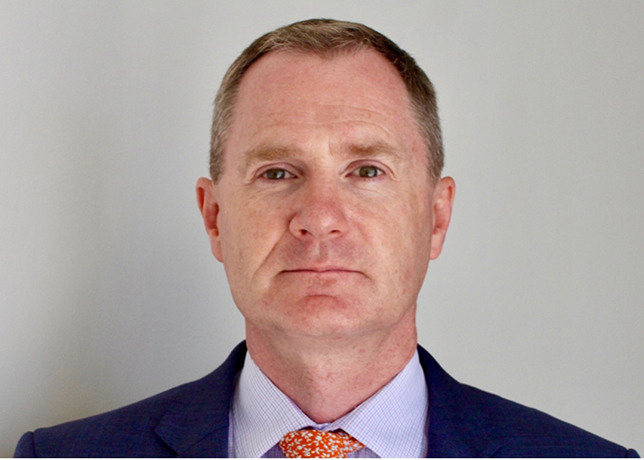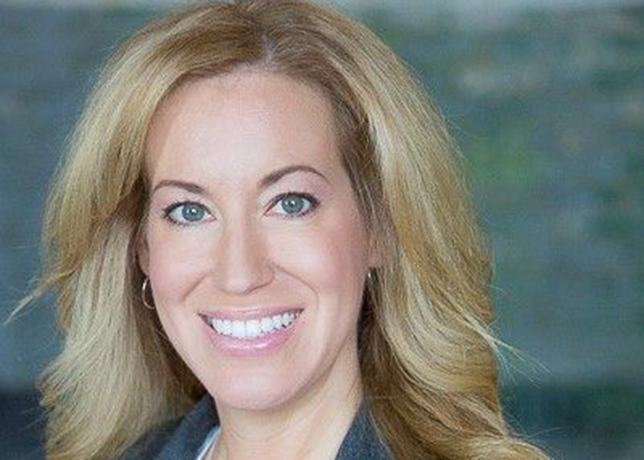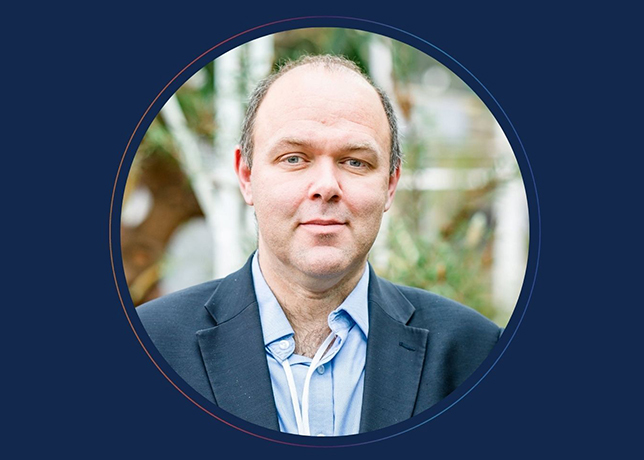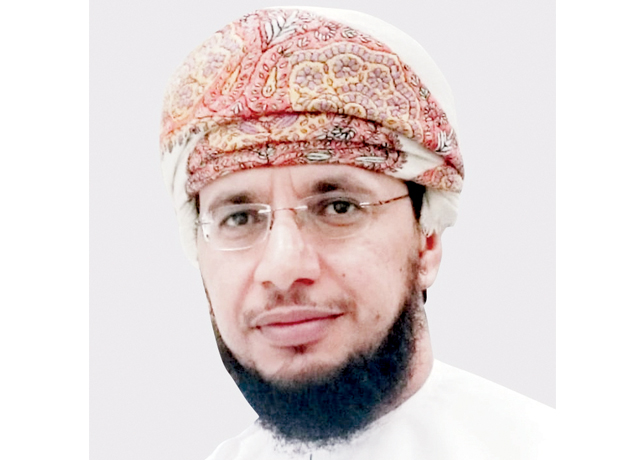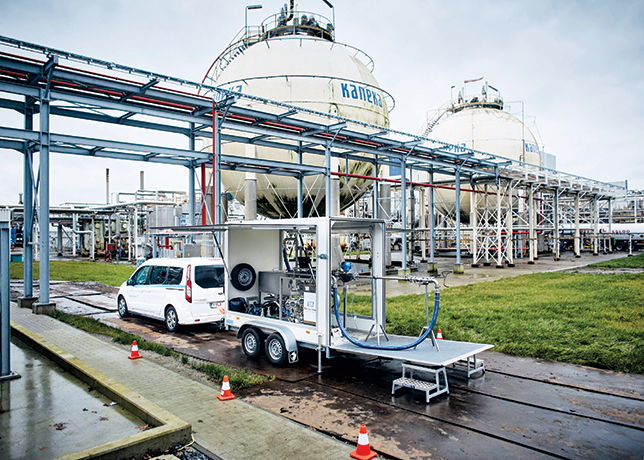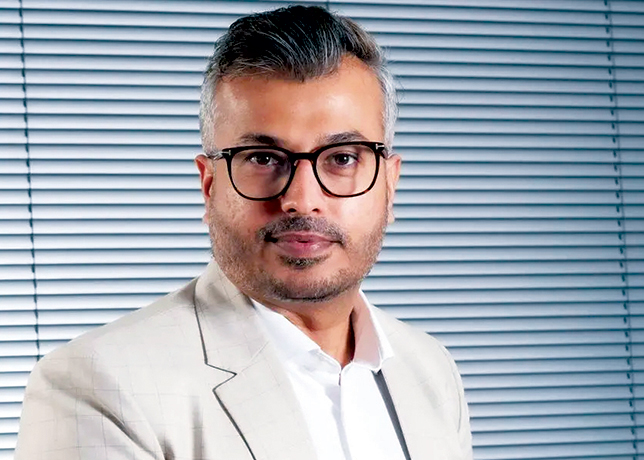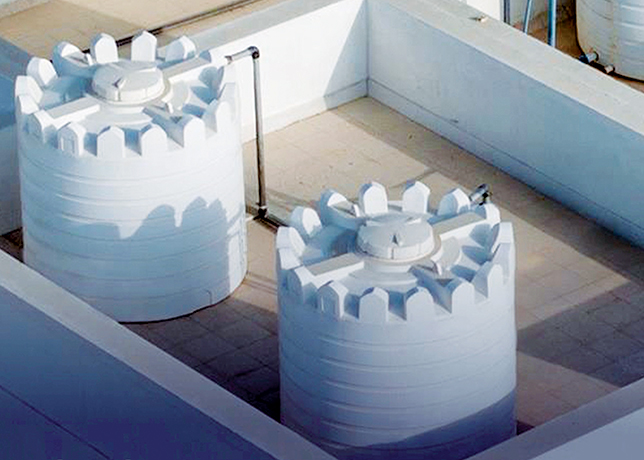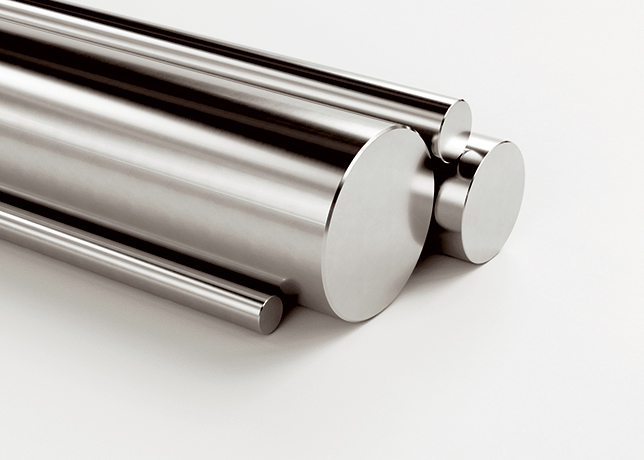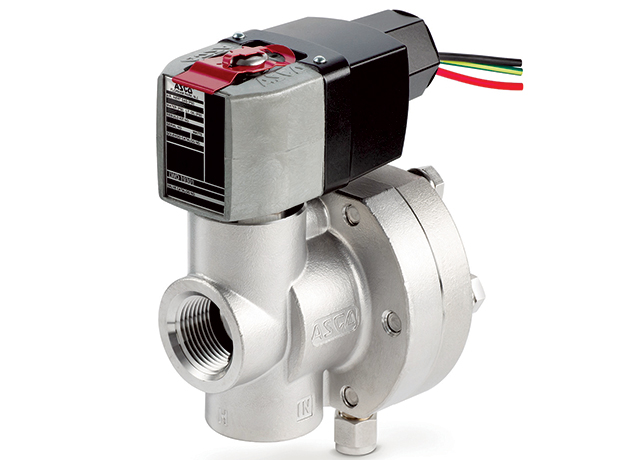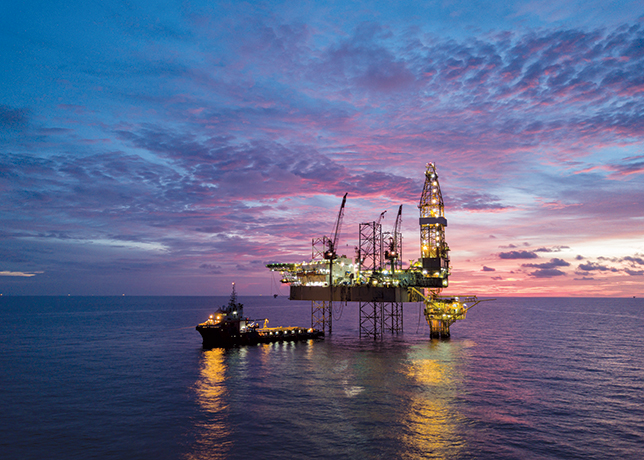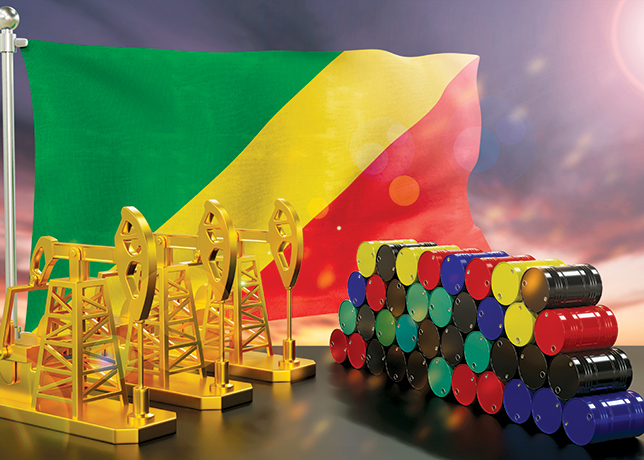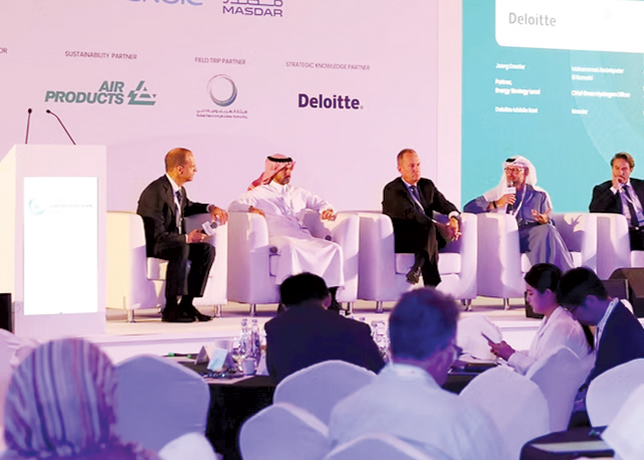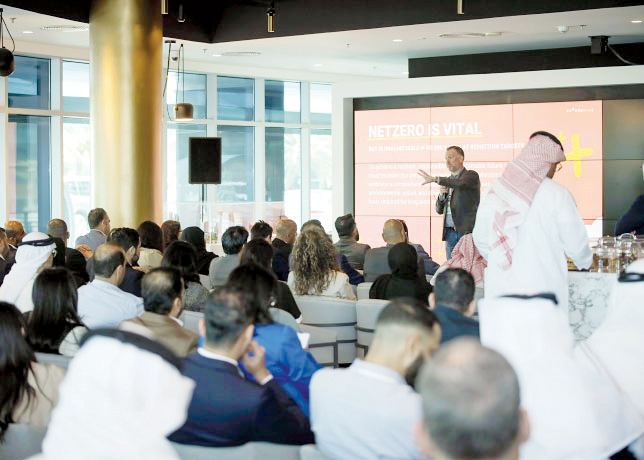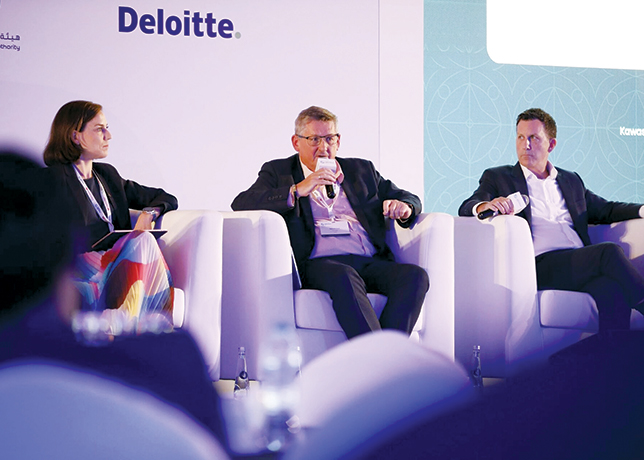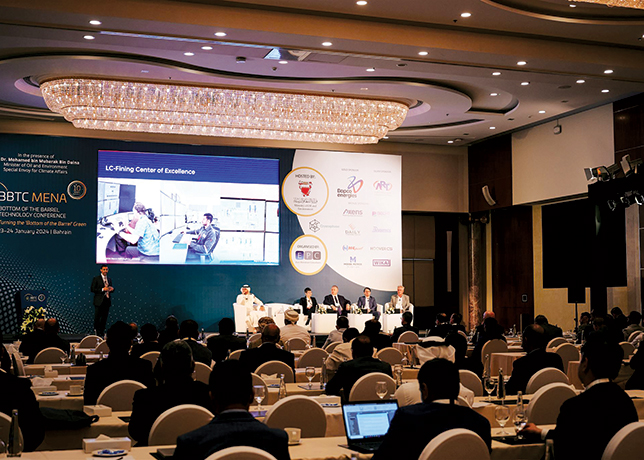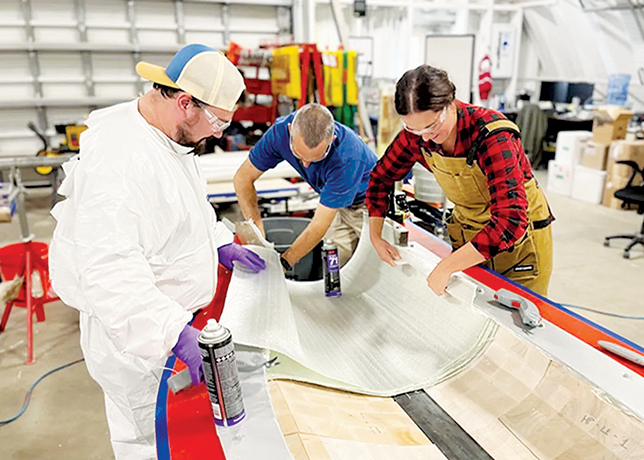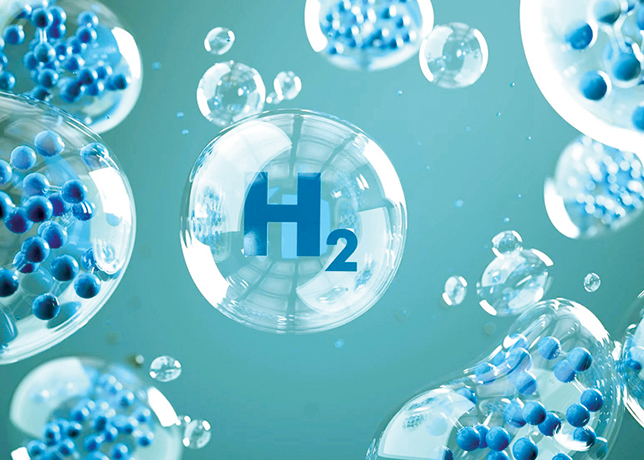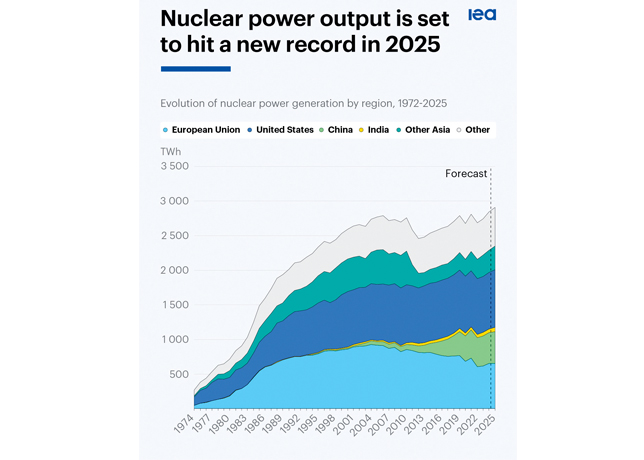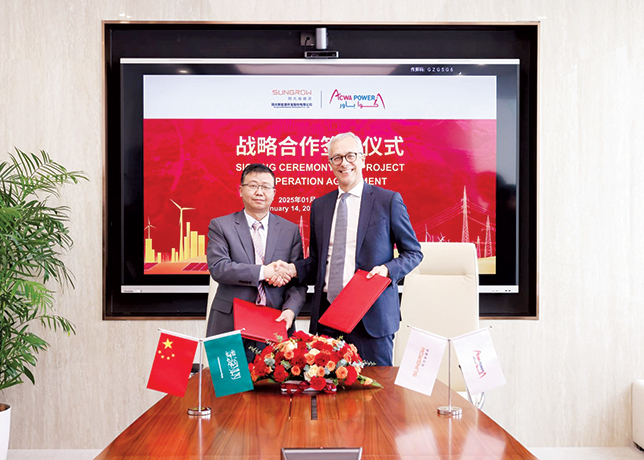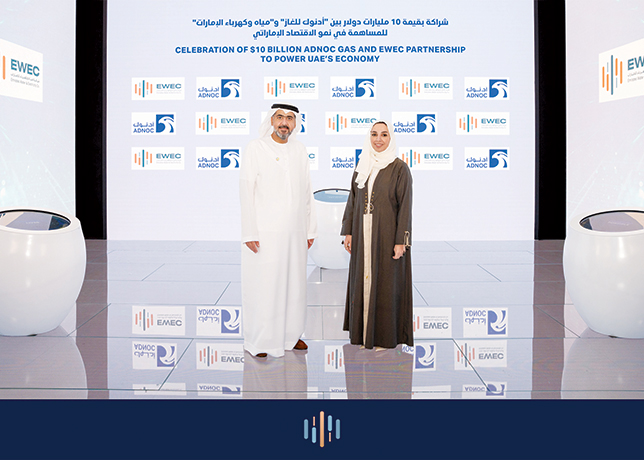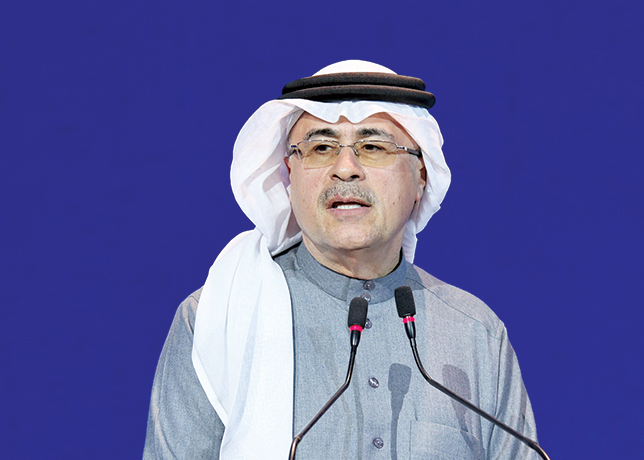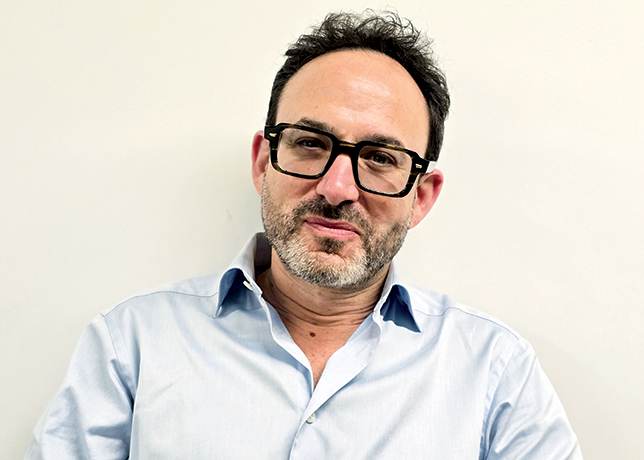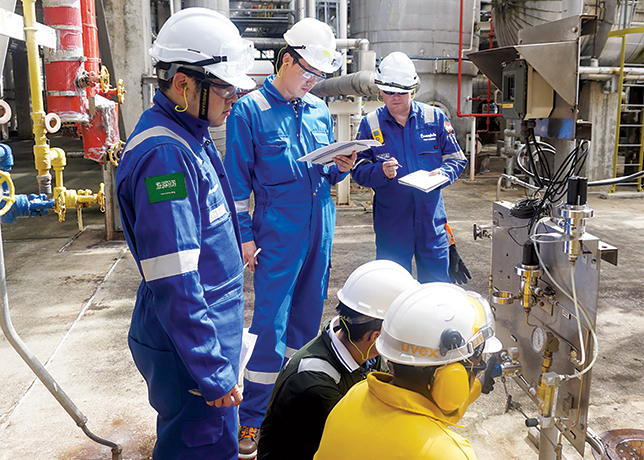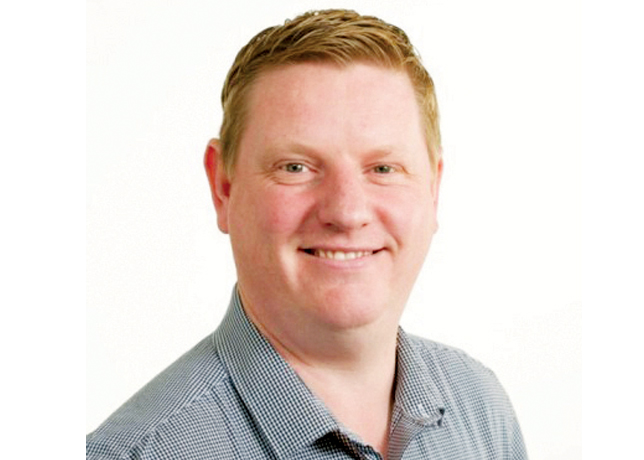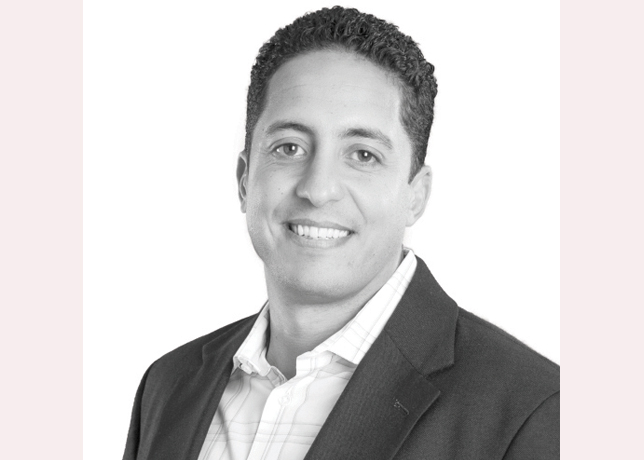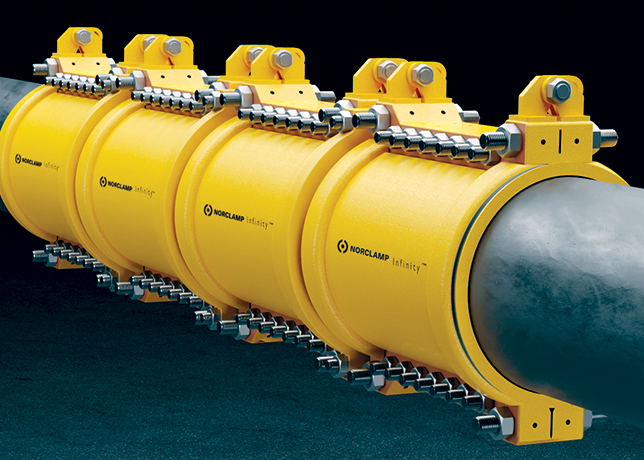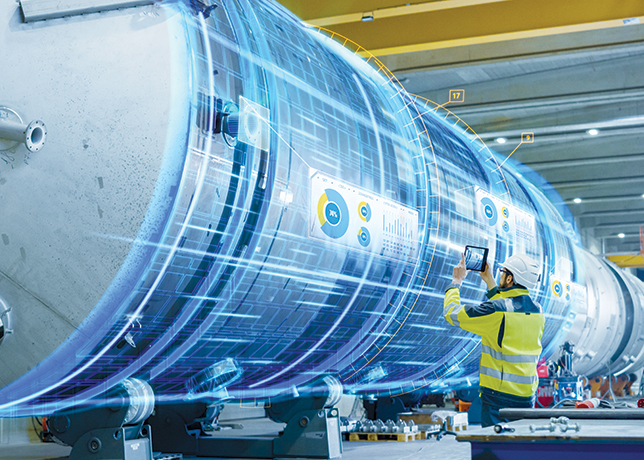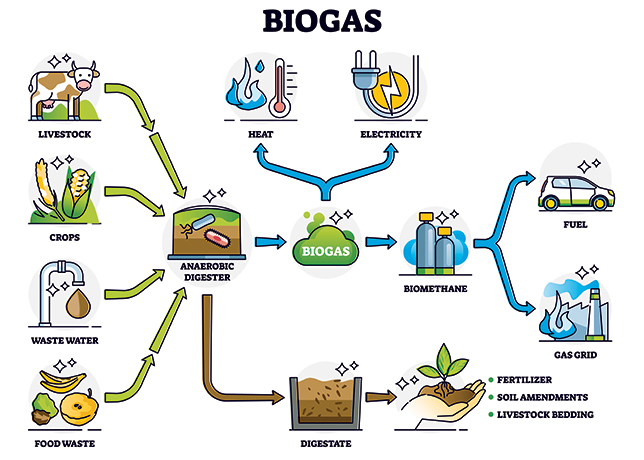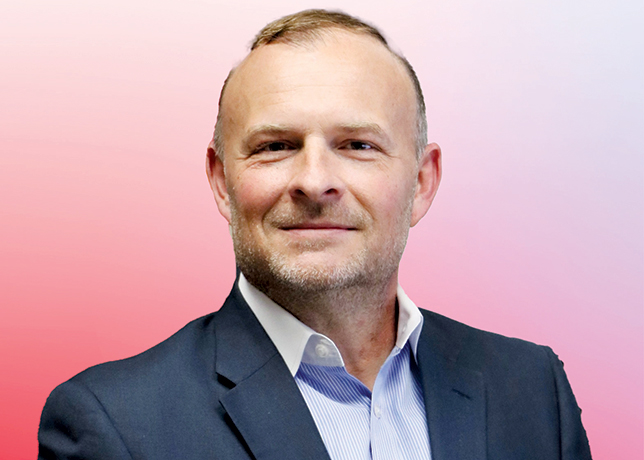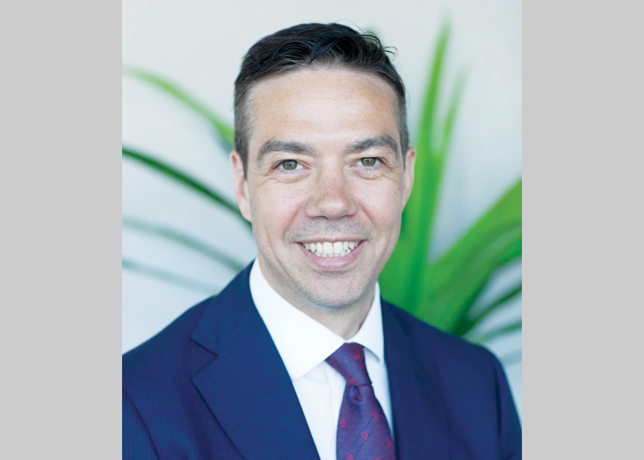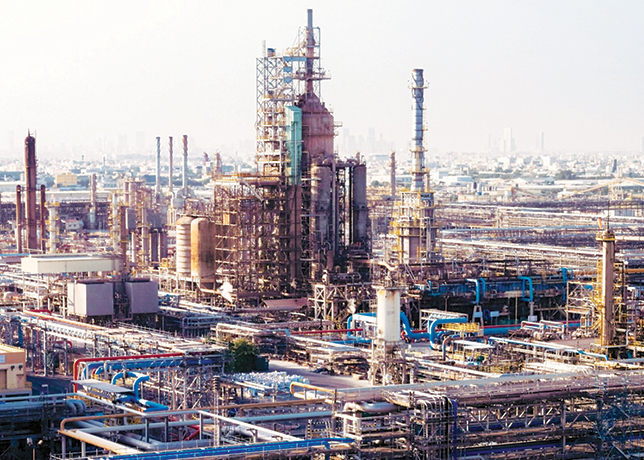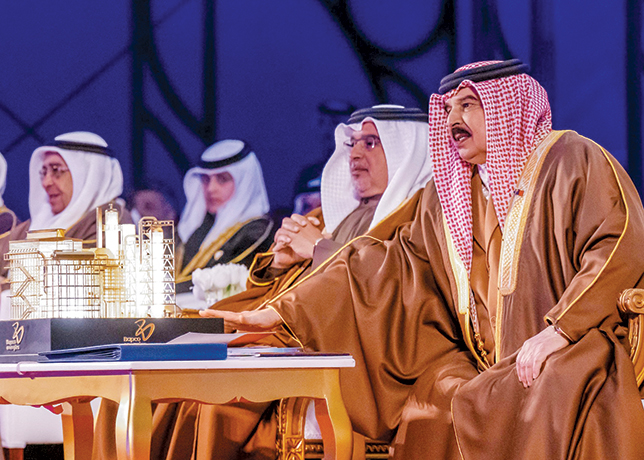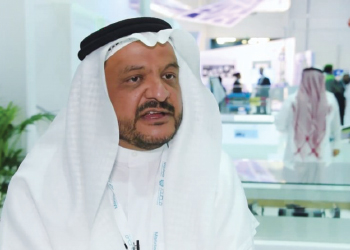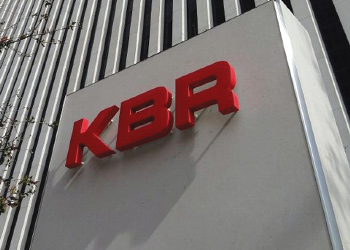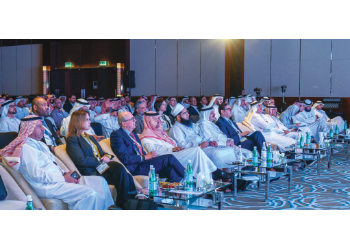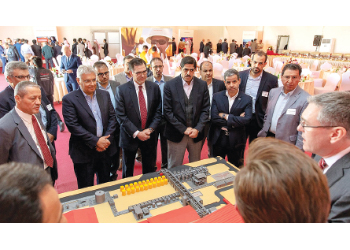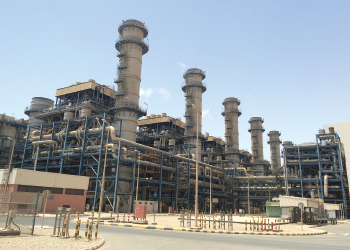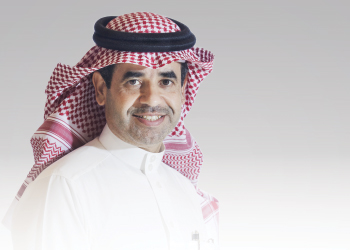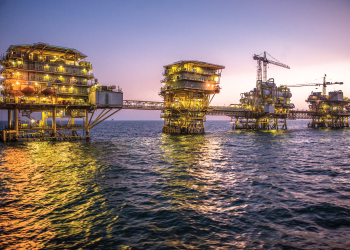
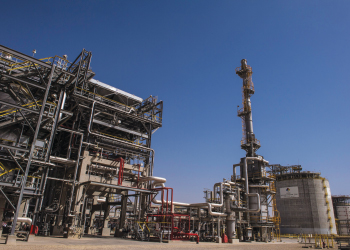 Sadara ... achieving a key milestone
Sadara ... achieving a key milestone
Sadara was required to meet a number of intensive criteria in specific areas, including demonstrated compliance with regulations, a reliable system for managing commercial records, financial viability and a positive record of cooperation
KBR has announced it has been awarded a Maintenance Alliance Programme (MAP) contract to provide long-term maintenance services for the Sadara Chemical Company, a joint venture of Saudi Aramco and Dow Chemical Company.
The Sadara project is the largest chemical complex ever built in a single phase, with 26 world-scale manufacturing plants, at a total investment of approximately $20 billion. Under the terms of the MAP contract, KBR, through its local joint venture subsidiary KBR Al Yusr, will provide preventative and predictive maintenance services (PPM) for an initial period of 3 years, extendable up to 5 years. In addition to PPM, KBR Al Yusr will support Sadara with management and execution of corrective maintenance, shutdowns and turnarounds.
“We are delighted to be selected for the Sadara Maintenance Alliance Program for two out of the three envelopes which were tendered,” said Jay Ibrahim, KBR President, Energy Solutions – Services. “This award confirms Sadara’s continued confidence in KBR as a full-service partner throughout the lifecycle of this project, and KBR’s position as the preeminent market leader in Industrial Services.”
KBR was originally awarded the feasibility and pre-FEED for the entire Sadara complex, and later awarded the Front End Engineering Design (FEED) for several major assets. In addition, KBR provided project management oversight during the engineering, procurement and construction (EPC) phase of the project which peaked at about 660 specialised KBR personnel at the Jubail site.
“We are incredibly proud of the safety record already achieved on the Sadara project during the EPC phase under KBR’s management, having worked over 80 million construction hours without a single lost time incident,” Ibrahim continued. “The safety of our people remains a cornerstone of our culture and we intend to roll-out our Zero Harm safety programme in MAP immediately.”
Sadara started sales this week of polymer blended polyols (POP) to customers in the Middle East. Polymer polyols market players in the Middle East have largely taken in stride new spot supply from Saudi Arabia’s Sadara Chemical, expecting no major market impact despite weak demand conditions in the region.
Saudi Arabia’s Sadara Basic Services Company has cut run rates at 350,000 mt/year low density polyethylene and 750,000 mt/year of high density/linear low density polyethylene swing units, in Jubail by 16 per cent, due to the Saudi oil facility attack, which resulted in a reduction of the company’s feedstock supply.
Saudi Arabia-based Sadara expects polyethylene (PE) demand in China to rebound in the second half of 2019 as economic sentiment improves, a company official said.
“Q1 was a rough part of the year but we believe we will see a rebound. In China, spot prices are up and we’re seeing less pushback from customers,” said a company official at a Saudi Aramco press tour.
“There’s a certain sense of optimism on the part of producers and buyers as well, which echoes for a better second half,” he added.
Sadara consists of 26 petrochemical units in Jubail Industrial City and is 65 per cent owned by Saudi Aramco and 35 per cent by US-based Dow. Sadara runs three linear low density PE (LLDPE) units with capacities of 970,000 tonnes/year, and a low density PE (LDPE) unit with capacity of 350,000 tonnes/year, according to the ICIS Supply and Demand Database.
Around 38 per cent of Sadara’s PE output is exported to China, with much of it being C4 LLDPE for food packaging and film wrap, said the official.
The rest of Sadara’s PE exports are going into Europe, Africa and other countries in the Middle East, he noted.
For Sadara as a whole, 95 per cent of its production is exported, a level it seeks to decrease as it develops the local Saudi Arabia market and attracts downstream customers to the adjacent PlasChem Park.



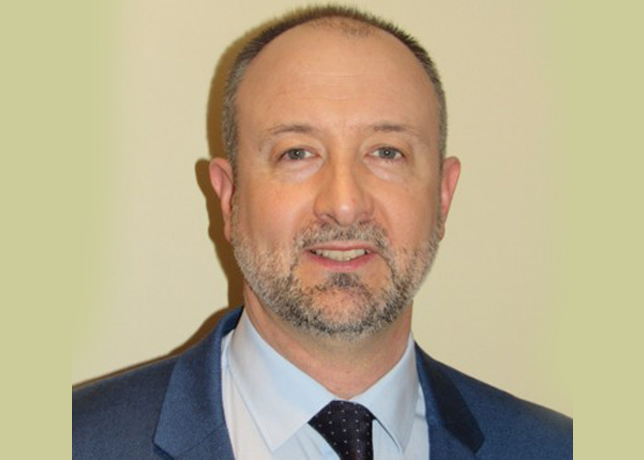
.jpg)
